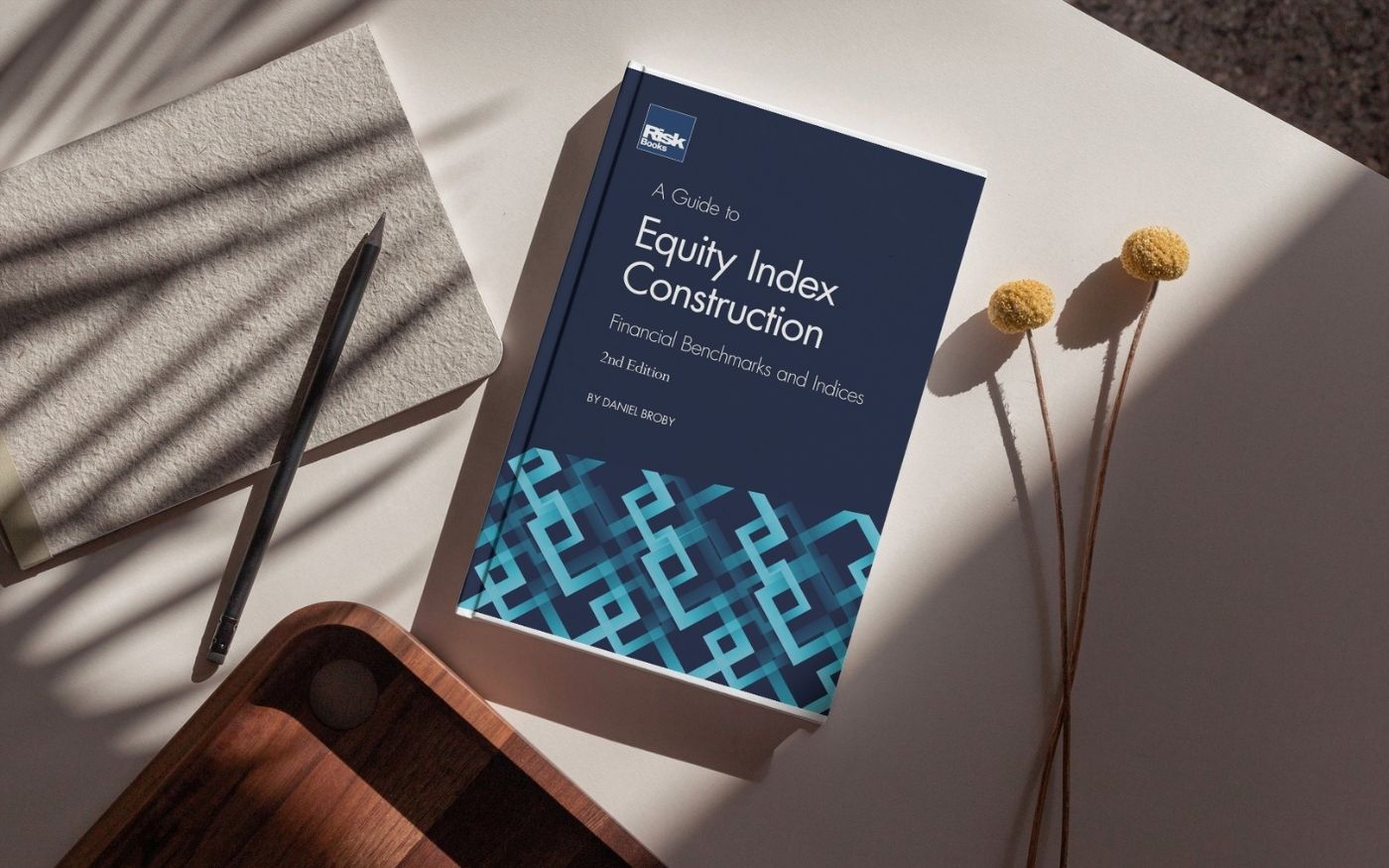Research by: Jen-Ming Liu , Elaine Q. Borazon & Jose Gerardo O. Santamaria
Executive Summary
The hospitality sector is characterized by intense market competition and demand fluctuations for their products and services. A firm’s competitiveness depends on how it adapts its capabilities to the dynamic external environment. It is imperative that the firm’s capabilities are managed so that these result in continuous improvement that lead to quality performance, and, in turn, positively impact financial results. However, customer experience in the hospitality sector is greatly affected by the quality or product received, and the sector is heavily reliant on its human resources. A customer’s perception of the quality of service received greatly influences customer experience and the willingness to pay more for the service. The quality of service is a critical factor in ensuring long-term viability in the industry.
Drawing on the dynamic capabilities view and on employee engagement, the study examined the antecedents of quality performance, particularly, management leadership, human resource management, process management, and supplier quality management in the hospitality sector. Dynamic capabilities refer to the capacity of an organization to create, extend, or modify its resource base. Dynamic capabilities provide firms the ability to create, renew, and realign resources according to the changes in the market and the business environment. In turn, these could result in the creation of new products, new processes, and new knowledge, enabling the firm to create new competitive advantage and achieve better financial performance. Quality management (QM) aims to deliver high quality services through continuous process improvement, preventing defects at all levels and processes in the organization to meet or exceed the expectations of customers. QM practices require continuous improvement in services especially when it involves intense customer contacts, such as in restaurants and hotels.
The hypotheses proposed were tested on a sample of 287 micro, small, and medium-sized hotels and restaurants in the Philippines. Through structured equation modeling, the results revealed that good management leadership positively influences the firms’ process management, human resource management, and supplier quality management. This suggests that an organization’s top management is critical in enhancing employee involvement and development, and ensuring improvement of processes and/or services, thus providing an enabling condition for quality performance to be achieved. In developing countries like the Philippines, which is dominated by MSMEs, management leadership plays a critical role in the implementation of quality management practices. MSMEs have very few layers of management, and the behaviors of top management greatly influence the organizational culture. In these organizations, the top managers are highly visible and can therefore easily influence the significance of quality. However, the greatest obstacle to the introduction of QM in MSMEs is for management’s ability to change their management style and behavior. In developing countries, quality functions are usually not integrated in the service or product operations, are not always understood by business owners, and are treated as extra operating costs.
This study reveals that quality performance is influenced by process management, supplier quality management, and human resource management while management leadership is positively related with these three elements. For micro, small, and medium hospitality establishments, management leadership is very important in terms of providing enabling conditions for quality performance to be attained. Top management is highly visible and will be able to readily influence quality management strategy implementation. Well-trained and involved employees have increased awareness of quality-related issues and can proactively act on problems related to quality. Having employees who are engaged increases the likelihood that they will perform the discretionary behaviors that are needed to enhance customer experience. Continuous quality improvement and cooperative relationships with suppliers are critical factors to achieve quality performance and satisfy customer requirements. Actively managing specific processes, such as housekeeping and front desk handling of complaints, contributes to customer satisfaction among customers. Finally, quality products are dependent on the suppliers’ quality management practices. These QM practices, built over time through a process of learning, discovery, and knowledge generation, require commitment from top management.
To cite this article: Liu, J.-M., Borazon, E. Q., & Santamaria, J. G. (2020). Antecedents of quality performance in the Philippine micro, small, and medium hospitality sector. Asia Pacific Business Review, 1-24. https://doi.org/10.1080/13602381.2021.1851514
To access this article: https://doi.org/10.1080/13602381.2021.1851514
About the Journal
Asia Pacific Business Review addresses these key issues and draws together the lessons of the analysis of culture, economies, history, politics, and societies in the area, in order to explore business-related phenomena in the Asia Pacific countries, both in their general and specific contexts.
The Review is intended for both academics and interested observers, contains the contributions of recognized experts, and is essential to anyone seeking the latest research on Asia Pacific business in a readily available, approachable form.
Asia Pacific Business Review [ABS2]





